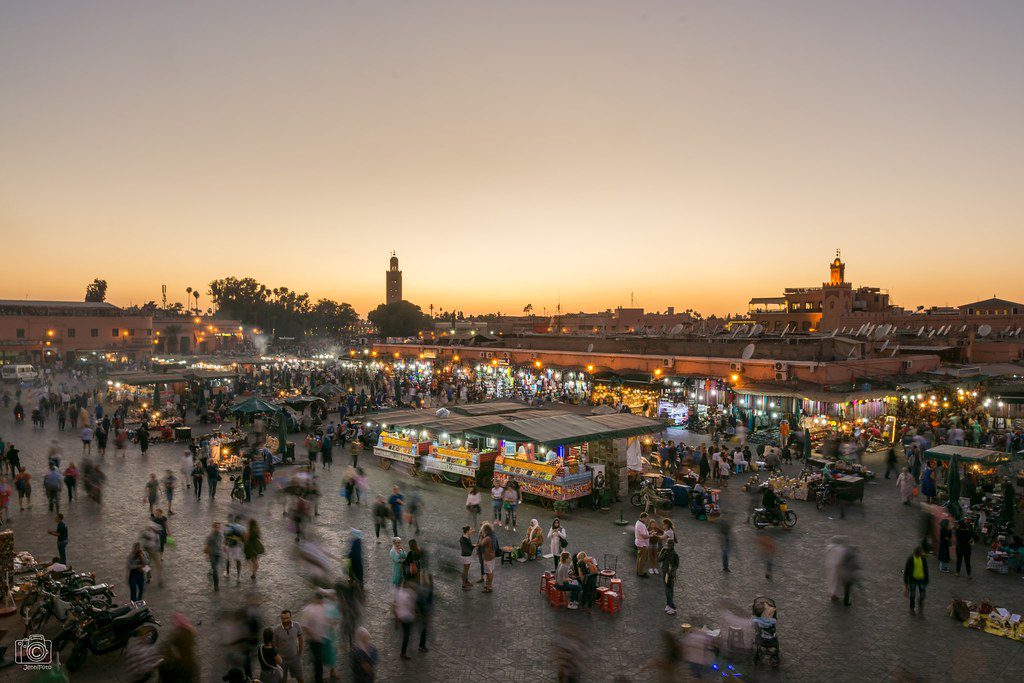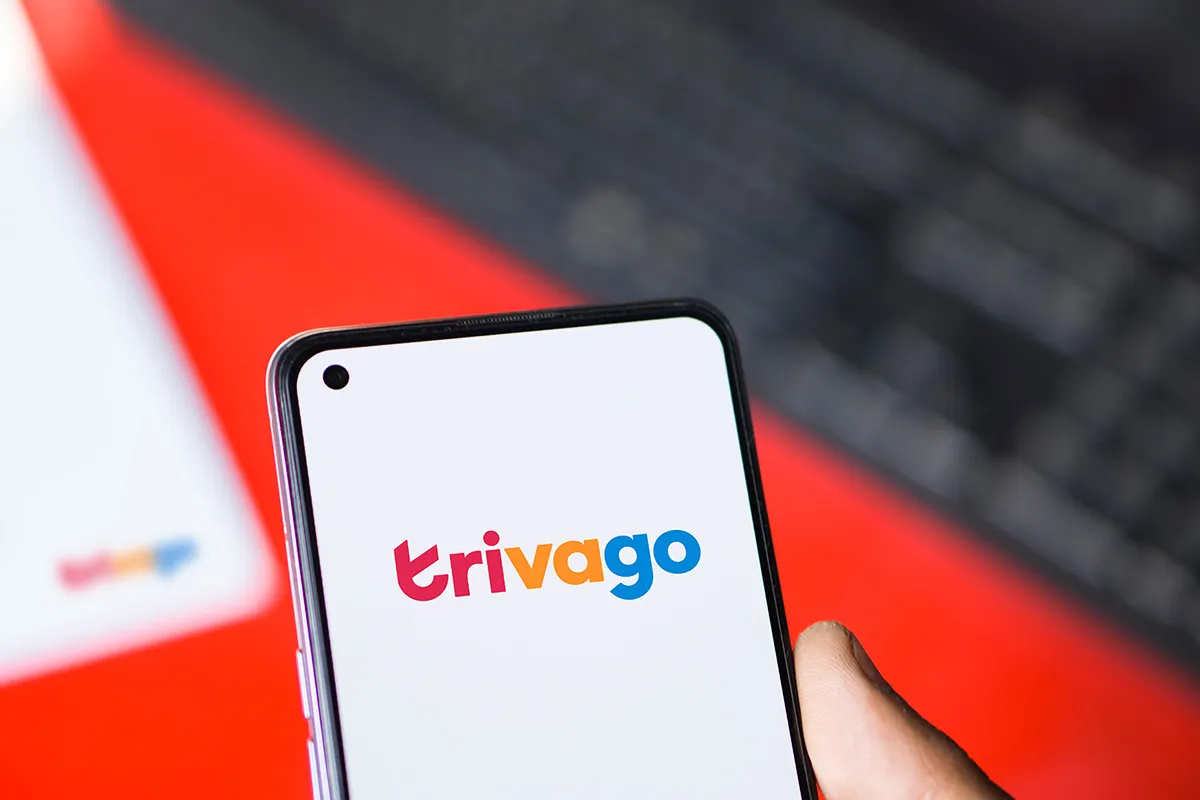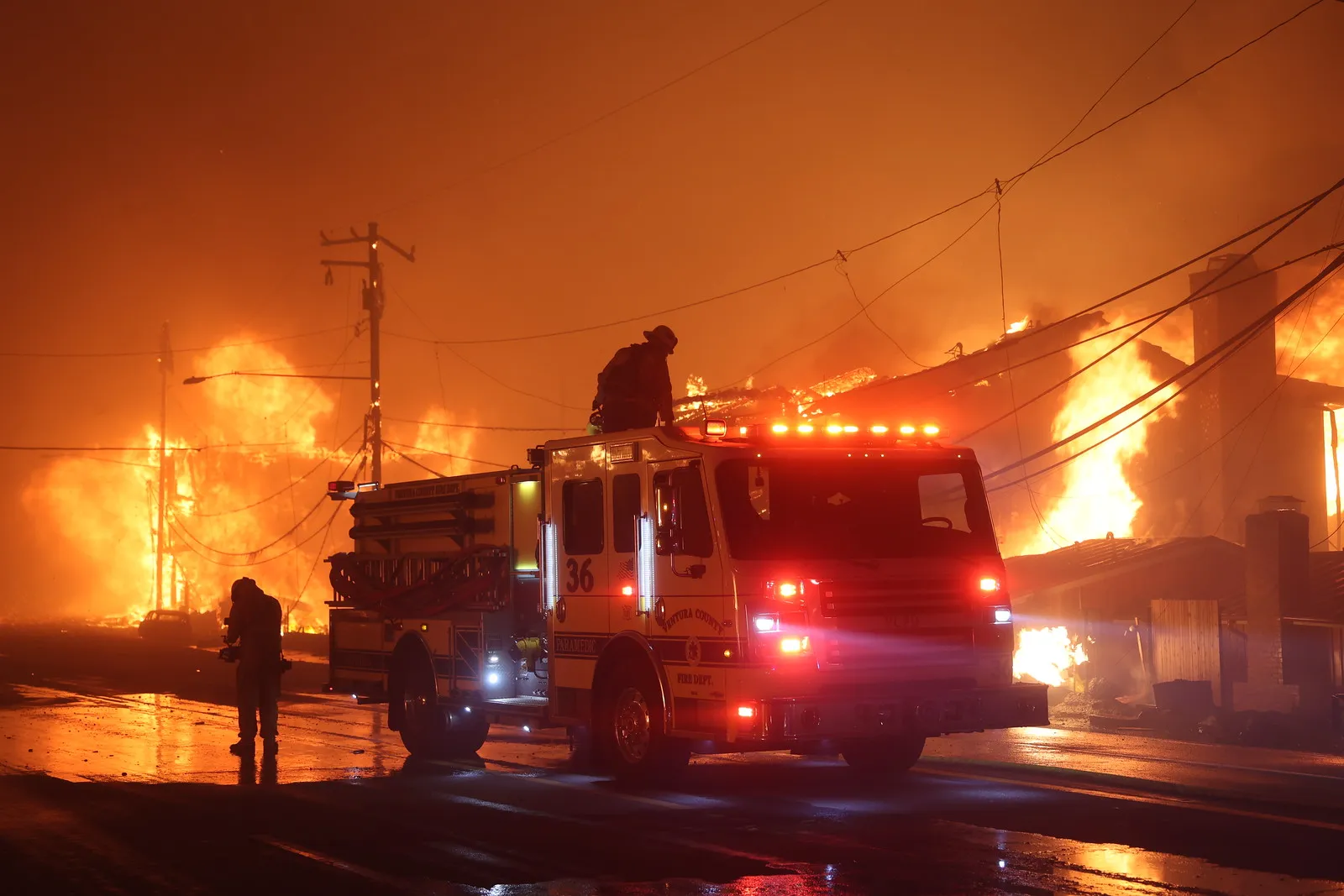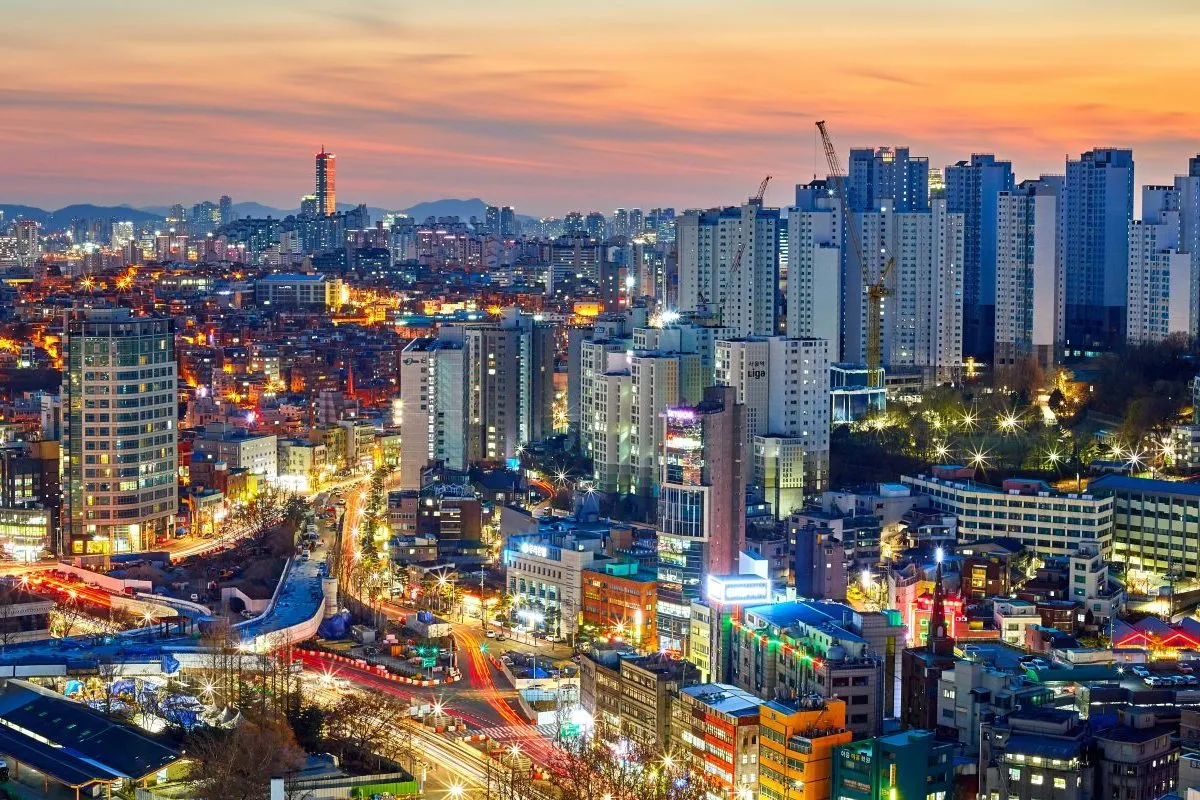Skift Global Forum Preview: Africa Tourism Leader Sees Big Opportunity Ahead to Diversify

Skift Take
In 2019, tourism made up 6.9 percent of Africa's gross domestic product or $169 billion, while contributing 24.7 million jobs, according to the World Travel & Tourism Council (WTTC).
When international visitors vanished, the continent was faced with the reality of having a weaker regional travel market than most other parts of the world. Domestic travel made up just 55 percent of travel spending in 2019, versus 83 percent for North America, 74 percent in Asia Pacific and 64 percent in Europe.
Over a year later, key destinations such as Egypt and Rwanda are welcoming tourists back, but the chief hurdle to international tourism recovery remains lagging vaccine distributions and new variants forming in the region as a result.
"I don't believe it's all doom and gloom," said Naledi Khabo, CEO of the Africa Tourism Association (ATA), who will be speaking at Skift Global Forum in New York City on September 21-23. "Especially the work that the continent has done in terms of focusing on domestic and regional tourism over the last year, which I hope they continue to do in the parallel path to global recovery. I think that has helped sustain a lot of destinations who are especially heavily reliant on tourism."
Khabo discussed this and other developments — including NBA Africa's big push and the opportunities the ATA sees in diversifying tourism offerings on the continent beyond safaris — in the following Skift interview, which has been edited.
Skift Editor’s Note: This interview has been edited for clarity and length.
Skift: What is the overall current state of tourism in Africa right now? Realizing, of course, that it’s a huge continent, but can you give us a general sense?
Naledi Khabo: Overall, on a country by country basis, everyone's trying to figure out what recovery through Covid looks like. I think we've learned the hard way, if we're thinking about post Covid, that measuring stick just sort of keeps getting longer and longer, as the variants continue to mutate. So what this recovery process looks like is partially a focus on rolling out the vaccinations, making sure that Covid protocols are in place, at the destination when tourists arrive.
Looking at initiatives that people have been talking about for a long time, I think we're

Naledi Khabo, CEO of Africa Tourism Association, will be at Skift Global Forum 2021 in New York City.
seeing a lot more collaboration, being born through Covid, that was talked about but wasn't necessarily realized. I'd like to say that it was passive collaboration, now it's like really active collaboration — you're seeing East and West African countries engage, West and South Africa engage, you're seeing this East African bloc come together, put initiatives together, and think about what does it look like to package these multiple destinations together.
So I'm seeing that in a way that I never saw before. I think that the pandemic has brought the necessity to collaborate, the necessity to innovate and pivot. Even a lot of companies, I know we've talked about how people are looking at the safari model, or at least having those discussions, looking at what are new destination products.
I would argue that we've never had a lack of proper products, It's just that the focus has also always been on safari. So now we're starting to focus on the diversity of all that Africa has to offer and really elevate and amplify those products and assets and I'm seeing that being done in a way that wasn't done before on a collaborative level, looking at conversations that are taking place on the the UNWTO level and the AU level about “Brand Africa” and what that looks like. What are the marketing messages we're talking about, who are we talking to, how are we positioning the continent? And those conversations are new ones.
Skift: How has your role at the Africa Tourism Association changed since the crisis, in terms of how you work with your members, what you're trying to achieve?
Khabo: I think it allowed me to actually be more innovative as well. We tried to figure out — how can we continue to serve our members in a way that's effective during the pandemic, and that made us create platforms to continue to communicate with them, to connect with them.
Personally what I had to do in terms of like the Black Lives Matter movement is really take a more intentional look at diversity and inclusion. And I think that I do that naturally, but being more intentional about if I'm being asked to speak at events as a representative of ATA, bringing that level of awareness to the conversation.
Oftentimes I'm asked to do X, Y and Z, and then I look at the speakers list and it's like, there are 100 speakers here and there's only two black speakers in an Africa tourism context and that doesn't make sense to me. It shows a lack of effort; you saw effort last year and then it sort of reverted back to our old normal.
And so personally it's become a responsibility and one that I embrace because if I'm being invited into these spaces, it's my responsibility to make sure I'm not the only person being invited to that space and calling it to people's attention and so that's changed significantly, I would say over the last year and through the pandemic.
As much as we're innovating and thinking about new ways to position the continent, those are also conversations I'm having even with the destinations — how are we diversifying our audiences, how are we diversifying our marketing messages, and things like that. I think that's probably the biggest difference in terms of how I used to operate. That's woven through engagement with members, with our partners, and I can be honest — everyone doesn't embrace it, because I've gotten the angry messages.
Skift: “Africa is being left behind” is a message that's been relayed numerous times in the press this past year, particularly in relation to vaccine inequity as a barrier to tourism recovery. Is it all gloom and doom?
Khabo: I don't think it's all gloom and doom. I think just from a practical perspective, obviously the countries with higher vaccination rates are going to bounce back faster, because people are going to want to go to destinations where the vaccination rate is higher.
However, I've also noticed — this is just a qualitative observation — that plenty of people were still streaming into South Africa last year, long before there was even a vaccination rollout in the U.S. And so I think people will still travel to those places. I think the challenge is actually going to be on the destination end. Because everyone is so hungry for tourists to come back to their destination, my fear is that by allowing everyone to come in, how do you make sure you maintain a level of safety, especially if your vaccination rate isn't high?
So how do you make sure the citizens of those destinations are kept safe and that there's a level of responsibility, because as we know, being vaccinated does not prevent you from getting or spreading the disease. And so that's great, you're vaccinated, you're just going to get a little cold, but what's going to happen to the community when you start an outbreak after your visit, because you're not being diligent anymore about protocols and things like that?
I think the tourists will come back, but it is going to take work and communication and being very clear about what the state of the destination is. But I also think that that doom and gloom narrative is the same narrative that has always existed and it has nothing to do with Covid.
Skift: How can Africa tourism innovate for 2022 and going forward?
Khabo: Two key words come to mind — diversity and technology. Diversity in terms of products and the products that are being promoted, the experiences that are being promoted, more focus on cities and cultural experiences within the destinations. Diversity within the marketing materials. Diversity with the audiences — I think typically and traditionally, most destinations their source markets are the UK, Germany and the U.S. but really the white U.S. market. So really looking at the Diaspora and tapping into them and their interest in connecting and wanting to touch the continent, in an aggressive manner.
From a technology perspective, looking at the tools that people are using and making sure we're communicating in those mediums in a way that makes sense. It's not enough to just have an Instagram page. Do you actually have a campaign, are you using content creators that make sense and content creators in your own backyard? Are you amplifying your local influencers and ambassadors who can really showcase your destination and speak to their audiences? Something as basic as, are your websites up to date, is it easy to find information, are you on the sites where people are looking for information so it's easy for me to discover what you have to offer?
Aside from that, these collaborative efforts need to continue to take place. But I think the main thing is about diversifying messaging and communications, who you're communicating with, the media that you've normally focused on and also looking at the diversity of who's bringing people to the continent. I think a lot of times, there's this traditional model of travel agents and tour operators, but we need to look at the new travel decision makers — travel groups that are moving people 10 times a year to places all over the globe. And I don't think that the destinations have necessarily figured out how to engage with them strategically yet, or that they're even on their radar in a way that they need to be.
Skift: What is Africa Tourism Association's strategy for the next six months, working with your members to put tourism on the recovery track?
Khabo: So it's a few things, one is continuing to have valuable conversations, and engaging with decision makers at the highest levels and getting them to share that information.
One of the things that we launched during COVID in conjunction with Voyages Afriq was the CEO town halls; the CEOs of the tourism boards talking to everyone across the sector, getting a sense for where things were going for various destinations so we want to continue to have those types of conversations and I don't think that would have been possible before Covid.
We've highlighted some key areas to focus on as part of our recovery plan, that being the MICE industry. As much COVID is here, we still need to plan and what that looks like. Moving forward, how can we proactively help the African destinations highlight their offerings to audiences in North America which has the most associations than anywhere in the world? And so what does active outreach look like in terms of letting people know this is what the infrastructure is, this is the facilities and also here are the advantages of doing business on the continent.
Another area that we feel strongly about focusing on is real diaspora engagement, on all levels, you know, whether it's through media content creators, tapping into affinity groups and helping bridge those gaps.
Another area is sports; that’s stemming from our partnership with the Basketball Africa League, part of the NBA, and how do we leverage sports as the linchpin for tourism? How do we use that as a platform to also celebrate culture, and everything else that's happening around that sports ecosystem?
Also just in the area of entertainment — how do you leverage how Africa is showcased within movies? I think that there's an opportunity to come see “the real Wakanda” or come meet the fashion designers who were featured in Beyonce’s “Black is King.” The destinations aren't necessarily taking advantage of it. No one is asking the questions, and so it's just a matter of having these conversations and creating a level of awareness.
I think it's an exciting time, because we are in a moment of change and I do think we're actually going to see a lot of innovation coming out of this period. Even as an organization with the new platforms we're in the process of launching, I'm excited about them and I'm excited about the conversations that we're having with destinations that are responding in a way they didn’t before.
We were the fastest growing region the year before [Covid], but we still need to do better. We just want to keep moving forward and that means we can't possibly do things the same way that we used to do it. And I come from the digital marketing era, we used to say all the time — innovate, evolve or die.
Register Now for Skift Global Forum September 21-23




